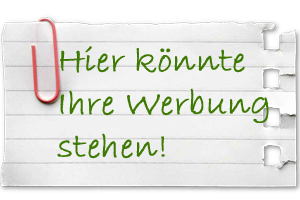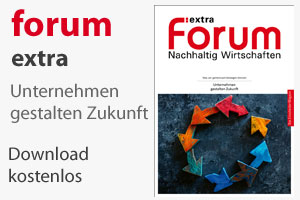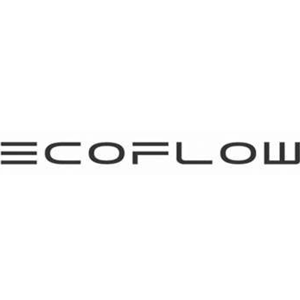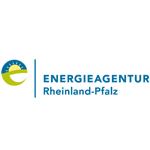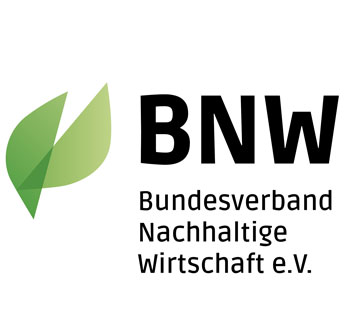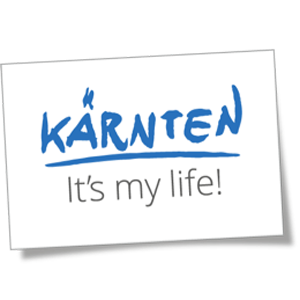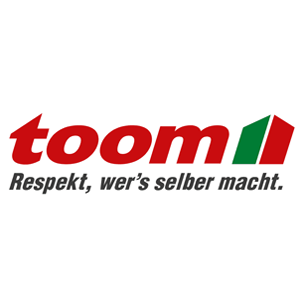How the plastic mountain from healthcare could be recycled
Researchers show, how mixed waste from healthcare can bes recycled in a saf and efficient way
Single-use healthcare items – everything from gloves and blood bags to surgical equipment – have become a growing environmental problem worldwide. Their use has increased sharply in recent years, and there are currently no methods for recycling such plastic medical waste. Researchers at Chalmers University of Technology, in Sweden, have now shown how mixed waste from healthcare can be recycled in a safe and efficient way, using a technique where the material is heated and converted into chemical building blocks, which can then be used in the production of new plastic.
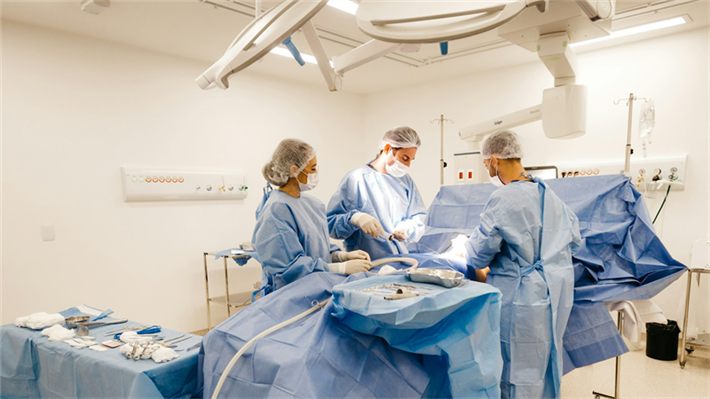 © Jonathan Borba, unsplash.com
© Jonathan Borba, unsplash.comIn circular economy policies, medical waste is often overlooked. Disposable healthcare items usually consist of several types of plastic that cannot be recycled with today's technology. In addition, the items must be considered contaminated after use, and so, they must be handled so that risks of spreading potential infections are avoided. When it comes to the production of single-use healthcare items, it is also not possible to use recycled plastic, since the requirements for purity and quality are so high for materials intended for medical use.
These problems can all be solved with the new method developed by Chalmers researchers. The technology is called ‘thermochemical recycling’ and is based on a process called ‘steam cracking’. It breaks down the waste by mixing it with sand at temperatures up to 800 degrees Celsius. The plastic molecules are then broken apart and converted into a gas, which contains building blocks for new plastic.
"It can be compared to a thermal sledgehammer that smashes the molecules, and at the same time destroys bacteria and other microorganisms", says Martin Seemann, Associate Professor at Chalmers' Division of Energy Technology. "What is left are different types of carbon and hydrocarbon compounds. These can then be separated and used in the petrochemical industry, to replace fossil materials that are currently used in production."
Great potential for saving valuable chemicals
To test the technology in real life, the researchers have carried out two different projects in parallel in a test facility at Chalmers Power Central. In the first project, a few different product types, such as face masks and plastic gloves, have gone through the process. In the second, a mixture was created that represents the average composition of hospital waste from the region's hospitals. The mixture contained about ten different plastic materials, as well as cellulose.
The results have been consistently positive in both projects, which shows the great potential that exists in the technology. One of the projects was led by Judith González-Arias, now at the University of Seville in Spain.
"What makes this technology so exciting is its ability to handle the environmental challenges that we associate with medical disposables. Thermochemical recycling not only addresses the problem that medical waste is not recycled today, but also facilitates the recovery of valuable carbon atoms. This is fully in line with the principles of the circular economy and provides a sustainable solution to the urgent issue of medical waste management," says Judith González-Arias.
The only option for products with strict requirements
Many manufacturers of healthcare materials today are very interested in creating a circular model where the products can be recycled and reused over again in a closed loop. But materials that are to be used in sterile articles in healthcare have strict requirements for purity and quality, which are basically impossible to meet with sorting and mechanical recycling of plastic. However, it would be possible with thermochemical recycling.
"It's really the only option for this kind of waste to go really circular," says Martin Seemann. "It is so elegant that once the material has been broken down to the molecular level, the chemical industry can turn it back into virgin material.”
"The same strict requirements for purity and quality actually also apply to food packaging. This is why the vast majority of plastic collected from packaging is incinerated today, or recycled into items where lower quality is allowed.
The two projects build on previous Chalmers research, which has shown how mixed plastic waste can be converted into raw material for new plastic products of the highest possible quality.
The technology works well, but other factors also come into play
To scale up the method, new material flows and functioning business models need to be established, in collaboration between the healthcare and recycling sectors. Laws and regulations at different levels may also need to be changed in order for thermochemical recycling to be widely implemented in society.
"Certain political decisions would increase the value of plastic waste as a raw material for industry, and increase the chances of creating functioning circular business models around this type of recycling. For example, a requirement for carbon dioxide capture, when incinerating plastic, would create incentives to instead invest in more energy-efficient alternative technologies such as ours," says Martin Seemann.
Many countries have the technical prerequisites for recycling medical waste and other mixed plastic waste through steam cracking. However, regulations and structural conditions vary, which determines how actors in waste management, the chemical industry and product manufacturing would need to work together to create functioning value chains in different places in the world.
More about: the conditions in Sweden
In Sweden, there is a great deal of interest in recycling within industry, but single-use items from healthcare do not in themselves create large enough waste volumes for a functioning circular business model. Around 4,000 tonnes of such plastic were put on the market in the country in 2019.
"To build a plant of the size required for profitable thermochemical recycling, you would have to ensure a material flow of around 100,000 tonnes per year before start-up," says Judith González-Arias. Such amounts of waste exist in Sweden in total, but it is not just a matter of redirecting them from one type of recycling to another.
She says that new collaborations would therefore be needed between several different actors for commercial thermochemical recycling, where healthcare waste could be part of the material flow. The process would be optimised if a Swedish plant was built in an existing chemical cluster, such as the one in Stenungsund. The Chalmers researchers have therefore collaborated with the company Borealis during the development of the technology.
In Sweden, there is a recycling quota for plastic that is not achieved today. The largest share goes to incineration instead.
"Thermochemical recycling would become more beneficial with new political frameworks that create a recycling solution for our plastic-rich waste," says Martin Seemann. "The technology is more energy-efficient than some other methods for recycling components in the plastic, such as carbon dioxide capture during incineration to use the carbon dioxide as a building block for new materials”.
More about: the research
The paper Steam gasification as a viable solution for converting single-use medical items into chemical building blocks with high yields for the plastic industry has been published in Resources, Conservation and Recycling. The study has been carried out at Chalmers University of Technology by Judith González-Arias, Renesteban Forero-Franco, Chahat Mandviwala and Martin Seemann.
Chalmers University of Technology in Gothenburg, Sweden, conducts research and education in technology and natural sciences at a high international level. The university has 3100 employees and 10,000 students, and offers education in engineering, science, shipping and architecture.
With scientific excellence as a basis, Chalmers promotes knowledge and technical solutions for a sustainable world. Through global commitment and entrepreneurship, we foster an innovative spirit, in close collaboration with wider society.
Chalmers was founded in 1829 and has the same motto today as it did then: Avancez – forward.
Kontakt: Chalmers University of Technology, Johanna Wilde | johanna.wilde@chalmers.se | www.chalmers.se/en/
Umwelt | Ressourcen, 07.08.2024
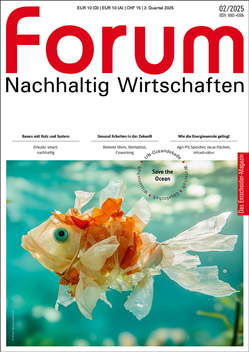
Save the Ocean
forum 02/2025 ist erschienen
- Regenerativ
- Coworkation
- Klimadiesel
- Kreislaufwirtschaft
Kaufen...
Abonnieren...
30
APR
2025
APR
2025
Franz Alt: Die Solare Weltrevolution - Aufbruch in eine neue Menschheitsepoche
In der Reihe "Mein Klima… in München"
80331 München und online
In der Reihe "Mein Klima… in München"
80331 München und online
07
MAI
2025
MAI
2025
MakerCamp Genossenschaften 2025
Genossenschaftliche Lösungen in Wirtschaft, Kommunen und Gesellschaft
65189 Wiesbaden
Genossenschaftliche Lösungen in Wirtschaft, Kommunen und Gesellschaft
65189 Wiesbaden
14
MAI
2025
MAI
2025
Klimaschutz im peruanischen Regenwald
Delegierte der Asháninka teilen ihre Perspektiven
80802 München, Seidlvilla
Delegierte der Asháninka teilen ihre Perspektiven
80802 München, Seidlvilla
29
JUN
2025
JUN
2025
Constellations Week 2025 in Südtirol
Inspiration, Klarheit und Empowerment
I-39010 Tisens-Prissian, Südtirol
Inspiration, Klarheit und Empowerment
I-39010 Tisens-Prissian, Südtirol
Professionelle Klimabilanz, einfach selbst gemacht

Einfache Klimabilanzierung und glaubhafte Nachhaltigkeitskommunikation gemäß GHG-Protocol
Sport & Freizeit, Reisen
 Helau, Alaf, Narri Narro!
Helau, Alaf, Narri Narro!Christoph Quarch freut sich über die spielerische Aussetzung der Ordnung während der Karnevalstage


